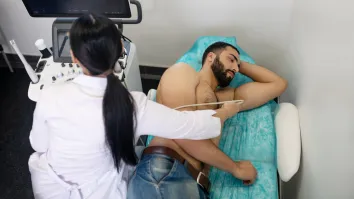
Private health insurance Asia’s care backbone
Gone are the days when only a few individuals, mostly the well-to-do, could afford decent medical insurance coverage.
Analysts forecast Asia to be one of the regions that will show remarkable growth in terms of health premiums in the next five years. It comes as no surprise then that private health insurance (PHI) premiums in emerging economies, specifically those of the reimbursement-type, are predicted to double by 2020 as more people now want and can afford them.
In a sigma study, Swiss Re states that there has been significant growth in product premiums among emerging markets. “Consumers will increasingly be purchasing PHI because it provides a means to pay for the level of healthcare services they need,” says Kurt Karl, chief economist at Swiss Re.
In addition, PHI also has significant potential as a main healthcare expenditure source as it continues to grow. “The study shows the insurance industry is well-equipped to meet the increasing healthcare spending needs of individuals, and that it can also become a central pillar of a sustainable national healthcare delivery system,” Karl adds, noting that only less than 10% of total healthcare spending of main emerging markets in 2012 was derived from PHI.
Reimbursement-type PHI products grew by about 11.2% in real annual terms between 2003 and 2013, and are expected to grow by an average of 9.6% per year to 2020, three times faster than the world average. Data for fixed-benefit PHI products, meanwhile, were described as “scarce,” but expert interviews nevertheless point to their swift growth.
“In Emerging Asia, many governments have earmarked reimbursement products as a growth area, and premiums are forecast to grow by 15.4% annually between 2013 and 2020, the strongest of all emerging regions,” says Karl.



















 Advertise
Advertise





